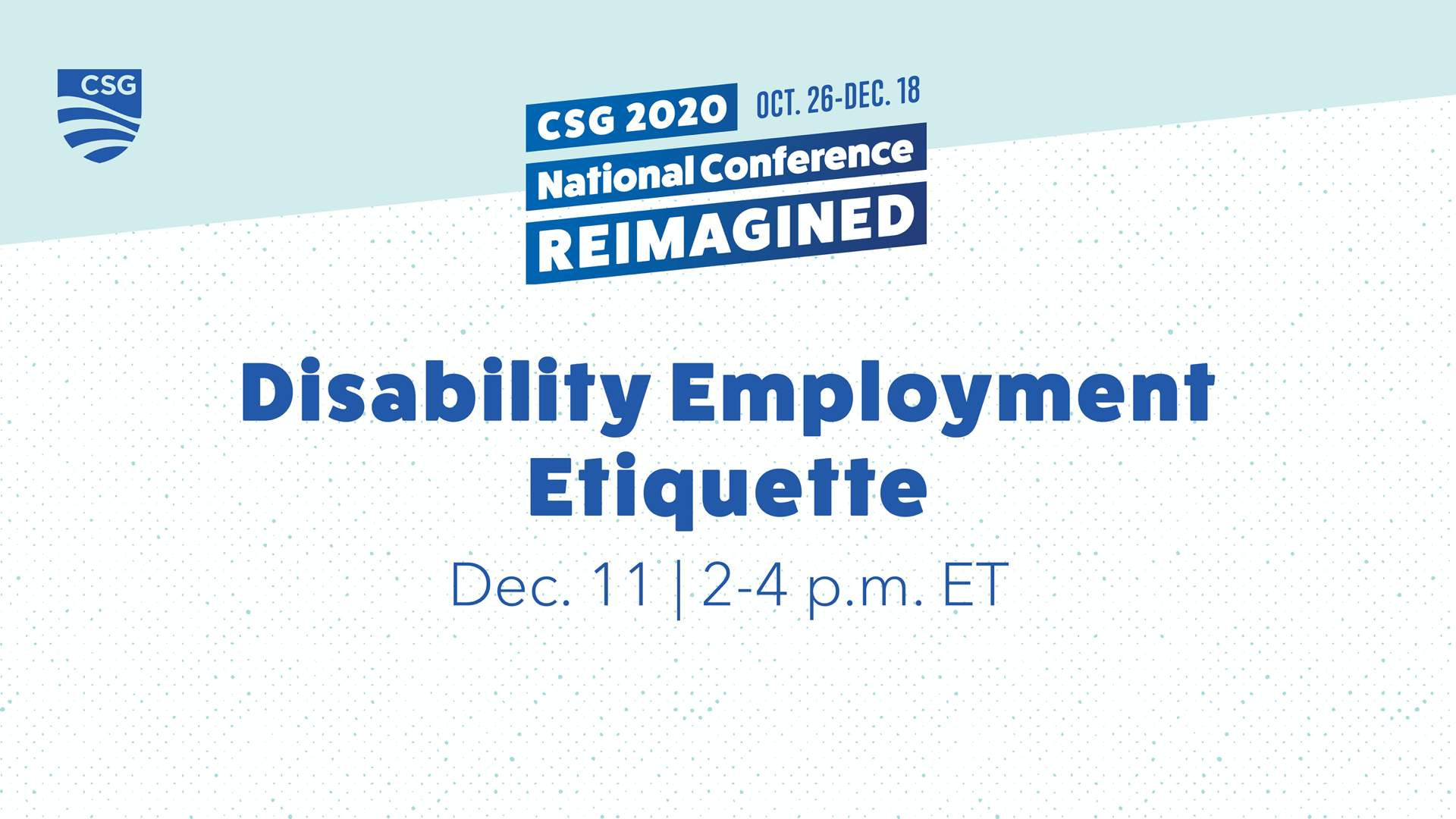By Dina Klimkina, Dexter Horne, and Jorden Jones
The Americans with Disabilities Act (ADA) and the Rehabilitation Act of 1973 require government agencies receiving federal funding to make their electronic and information technology (EIT) accessible to persons with disabilities. However, a 2018 study by the Information Technology & Innovation Foundation found that only 59% of state websites passed accessibility standards, while 9% of state websites were highly inaccessible.

